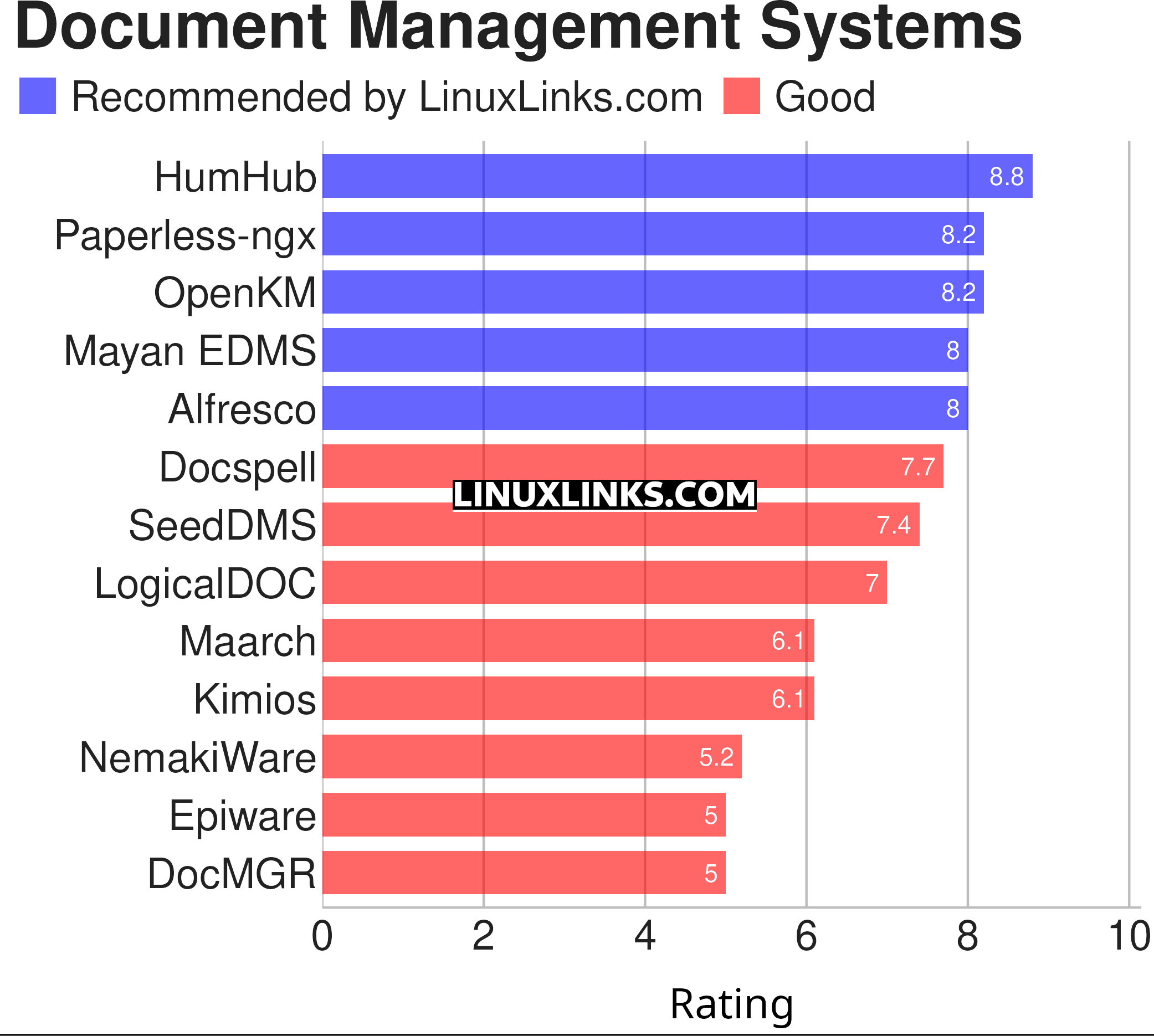Document Management is an information technology that has taken over from legacy systems of manual or server based file sharing, the electronic filing cabinet, to control policies and procedures. It is one of the functions provided by Enterprise Content Management.
A document management system enables individuals and businesses to manage documents, making it easy to locate a previous document version. This is important from a record control perspective, and to ensure that compliance standards are met within a user-friendly environment.
The main benefit offered by a document management system is that it gives individuals and businesses the tools to store and index many different types of documents and electronic files. Information and knowledge within the organisation can be accessed as appropriate, leading to an increase in productivity. Any kind of binary data can be stored in the document system. Other uses of this type of system include document workflow, records management, image management, disaster recovery, backup, and access control.
Linux offers an impressive range of open source document management systems of varying complexities, to help manage paper files electronically, enabling users to find data without any fuss or bother. At the same time these systems ensure that only authorized users have access to the relevant documents, can add meta-data to documents for searching, and provide version control.
To provide an insight into the quality of software available for Linux, we have compiled a list of 13 powerful document management systems. Hopefully, there will be something of interest here for anyone who needs to control records and documents. Only free and open source software is eligible for inclusion.

Click the links in the table below to learn more about each document management system.
| Document Management Systems | |
|---|---|
| HumHub | Enterprise social network |
| Paperless-ngx | Official successor to Paperless and Paperless-ng |
| OpenKM | Easy management of documents, users, roles, and finding documents |
| Mayan EDMS | Web-based free/libre document management system |
| Alfresco | Offers a high degree of modularity and scalable performance |
| Docspell | {ersonal document organizer |
| SeedDMS | Enterprise ready platform for sharing and storing documents |
| LogicalDOC | Targeted at business users; has a user friendly web interface |
| Maarch | Dedicated to the legal archiving of high volumes of static documents |
| Kimios | Mainly based on the Java platform |
| NemakiWare | CMIS-compliant platform for document management |
| Epiware | AJAX-enabled Project and Document Management application |
| DocMGR | Full featured, web-based Document Management System |
This article has been revamped in line with our recent announcement.
 Read our complete collection of recommended free and open source software. Our curated compilation covers all categories of software. Read our complete collection of recommended free and open source software. Our curated compilation covers all categories of software. Spotted a useful open source Linux program not covered on our site? Please let us know by completing this form. The software collection forms part of our series of informative articles for Linux enthusiasts. There are hundreds of in-depth reviews, open source alternatives to proprietary software from large corporations like Google, Microsoft, Apple, Adobe, IBM, Cisco, Oracle, and Autodesk. There are also fun things to try, hardware, free programming books and tutorials, and much more. |


Historic comments have been retained for completeness
In your opinion which is the best free Document Management System (DMS) for Kubuntu Linux 14.04.5 OS?
Hey, if you need free open-source EDMS, i can tell you. The best i tested for now is MayanEDMS on ubuntu mate. It is really free, and easy to install.
Among the 7 document management systems (DMS) that you have listed, which is the best free and non-free DMS from an overall point of view for the Kubuntu Linux OS?
I’m interested in EDM for my use (1 user) as I’m a sole proprietor. Needs to be easy to install/configure/use. Don’t need all the bells and whistles. Must of course run under Linux (Ubuntu/Debian), and hopefully free or low cost. Thanks!
I would like to read your take about paperless-ngx 🙂
I just spent about 35 hours over the last 4 days, trying to get paperless-ngx installed on Podman on an Ubuntu laptop, It’s still not working (can’t connect to Redis broker is the current bugaboo). PIECES of it run – postgres, and yes, redis, and the webserver, but can’t get into the webserver (keeps disconnecting and eventually crashes because it can’t reach Redis). The paperless-ngx docs change log says help was added for setting up on Podman – it hasn’t been, or it was removed. I’ve read countless pages of paperless-ngx documentation and followed over a hundred different web links while searching for a SIMPLE starter installation.
It’s my fault – I should have either run it bare-metal (which they say is even harder to configure), or used Docker (but with the license changes and fee changes I can’t afford to take a change I’ll get these thousands of pages documented and then be unable to use them). If I can’t find an answer soon (I’m in my 5th day of screwing around with configuration DESPITE having started from “working” .yml and .env files (which were certainly NOT working). Paperless-ngx appears to have some features that would really help me: I’m getting crunched by several thousand pages from a lawsuit, but am resigning myself to the possibility that it’ll wind up be me, EpsonScan2, and a LOT of manual labor and copying and pasting, in order to get a handle on this stuff.
Is it paperless-ngx that’s not ready for prime time? I’ve come across hundreds of people having installation and configuration problems so that seems possible. And with hundreds if not thousands of configuration parameters for it and required support blobs (redis and postgresql) it’s certainly needed IMHO. It certainly would be nice if they actually supported Podman, given the negative changes to Docker of late. And since the changelog claims they’ve added such material (no link to it though, and searching for “podman” on their documentation page just points you to the changelog). Is it Podman or podman-compose? Maybe, especially given that things like CNI problems keep recurring even after they are fixed (i.e., change CNI version from 1.0.0 to 0.4.0 because the firewall doesn’t support 1.0.0, just doing as many suggest, but the next time I try to run the pod, it gets changed back to 1.0.0 (removing w access for that config file causes the pod to fail too). Is it the starter files? Very (very) possibly, but they’re all made for Docker, and despite claims to the contrary, you CANNOT just take a docker setup and run it on Podman – you can decide for yourself which one is not OCI compliant.
I’m going to try once more, copying my .yml and .env files out of the base, then destroying the pod, then completely re-cloning it and then re-applying the yml and env. If it fails again, I’m done with paperless-ngx and Podman until both of them improve their documentation: complex solutions need that, and these things are quite complex.
I’ve seen references to Paperwork, Papra, and a couple of other DMS packages for Linux. It may take another day of horsing around with them. If they fail, I’ll go back to Plan B: me, EpsonScan2 creating pdfs, and a LOT of hand-editing, filing, extracting, tagging, keyword-searching, … … …